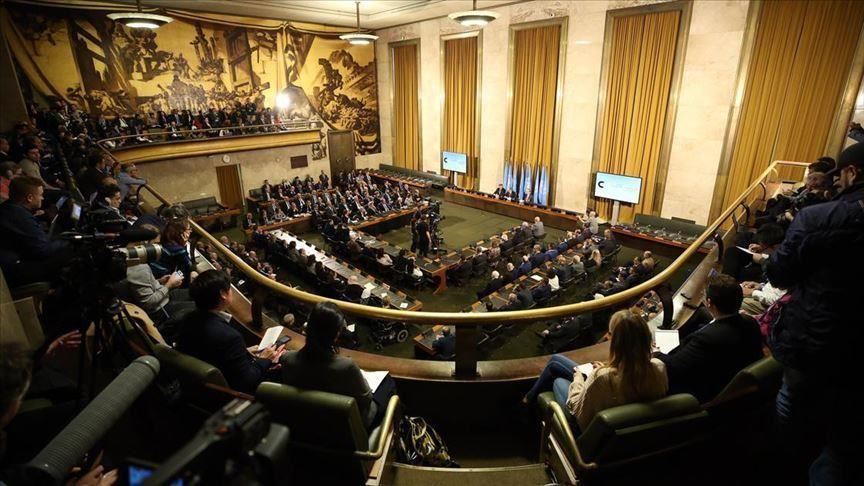Syria is set to hold its first parliamentary elections since the overthrow of former ruler Bashar al-Assad on October 5, according to the country’s Supreme Electoral Commission. The elections have been scheduled amid uncertainty over the voting process, with concerns raised about the inclusion of three provinces – Sweida, al-Hasakah, and Raqqa – where elections were postponed indefinitely due to security reasons in August.
The new parliament is expected to have 210 members, a significant increase from the 150-seat parliament under al-Assad’s rule. Notably, one-third of the members will be appointed by interim President Ahmed al-Sharaa, which has raised concerns among critics about the potential influence of the interim president on the parliament. Under al-Assad’s leadership, the parliament was dominated by the Baath Party and its allies, which automatically held two-thirds of the seats.
International organisations and civil society representatives will be allowed to observe the elections in coordination with the electoral commission, providing a level of transparency and oversight. The elections come at a time when Syria is transitioning towards a new political landscape, with a population of approximately 23 million people. The outcome of the elections is expected to shape the country’s future, with the new parliament playing a crucial role in the nation’s governance.
As the election date approaches, attention will be focused on the conduct of the vote, particularly in the three provinces where security concerns have been raised. The Syrian Supreme Electoral Commission has announced that it will oversee the elections, but the details of the voting process remain unclear. The international community will be watching the elections closely, with many hoping that the vote will mark a significant step towards stability and democracy in the country. With the elections scheduled to take place in early October, the coming weeks will be critical in determining the future direction of Syria.
